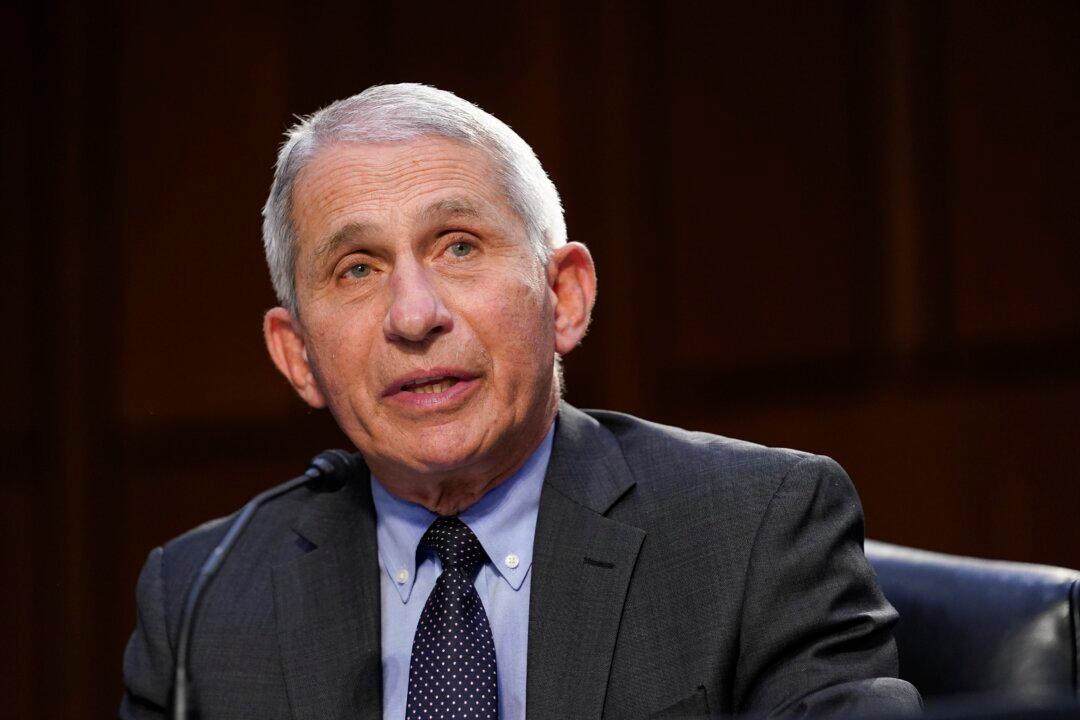Fully vaccinated Americans may not need to get a COVID-19 vaccine booster shot, Dr. Anthony Fauci said on Friday in an interview on CBS' “This Morning.”
Fauci, who is head of the U.S. National Institute of Allergy and Infectious Diseases (NIAID), said that there was “some misunderstanding” about whether fully vaccinated people would need a booster shot six months after getting injected.






